Unraveling the Strings of Consciousness and Soul
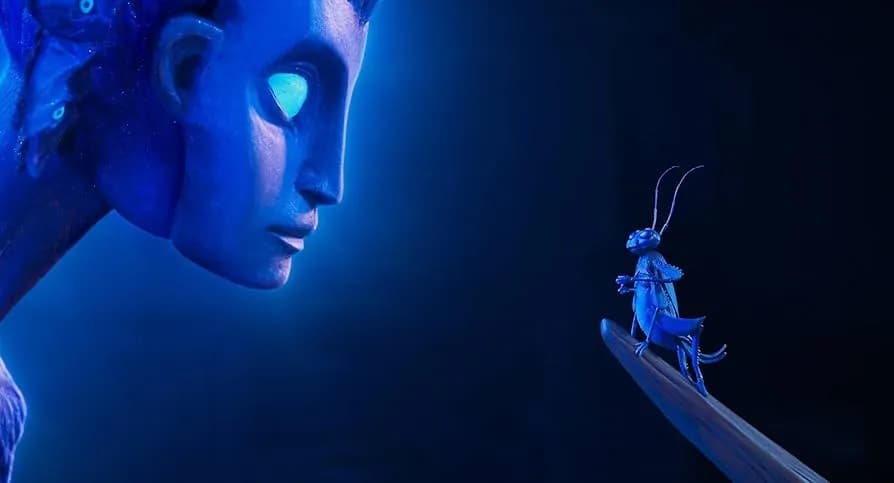
In the labyrinth of human consciousness, where strings of fate intertwine with the puppetry of the psyche, we find ourselves dancing to the tune of an unseen maestro. But what if, like Pinocchio, we could cut those strings and become real? This journey into the depths of the mind, from the whispers of our inner voice to the roar of our unconscious divinity, might just be the key to unlocking our true potential. (And congrats you’ve unlocked a Potential Spoiler Alert for the following: Elden Ring, Attack On Titan, Arrival (2016, Film), and Pinocchio I suppose?)
Table of Contents
Open Table of Contents
- The Wooden Boy’s Whisper: Carl Jung and the Voice in Your Head
- The Alchemist’s Crucible: Transforming the Lead of Trauma into the Gold of Growth
- The Paths of Destiny: Attack on Titan and the Collective Unconscious
- Quantum Leaps and Free Will: The Physics of Consciousness
- Arrival: The Linguistic Dance of Time and Consciousness
- The Synthesis: Your Personal Pinocchio Journey
- References
The Wooden Boy’s Whisper: Carl Jung and the Voice in Your Head
Picture this: You’re standing before a mirror, scrutinizing your reflection. Suddenly, your mind buzzes with thoughts: “Woah. Is that really me? Those eyes — they seem… different today. Maybe it’s the lack of sleep. No - not tired, but a little angry? Remember the stupid stuff you blurted yesterday? Ugh, why did you say that? That wasn’t the real you. You weren’t being authentic, were you? Or were you just playing a “role” you think others expect? Maybe you should’ve — nah, now you’re overthinking it. But am I…?”
This rapid-fire internal dialogue, this ceaseless chatter in your own mind, (rather than dialogue) is your inner monologue. It’s your own personal Jiminy Cricket, not just a cute Disney sidekick, but a relentless narrator and judge, analyzing your every move. “Always let your conscience be your guide,” Jiminy famously advised. But what if your conscience is more than just a moral compass? What if it’s the voice of something greater within you, trying to nudge you towards your true self?
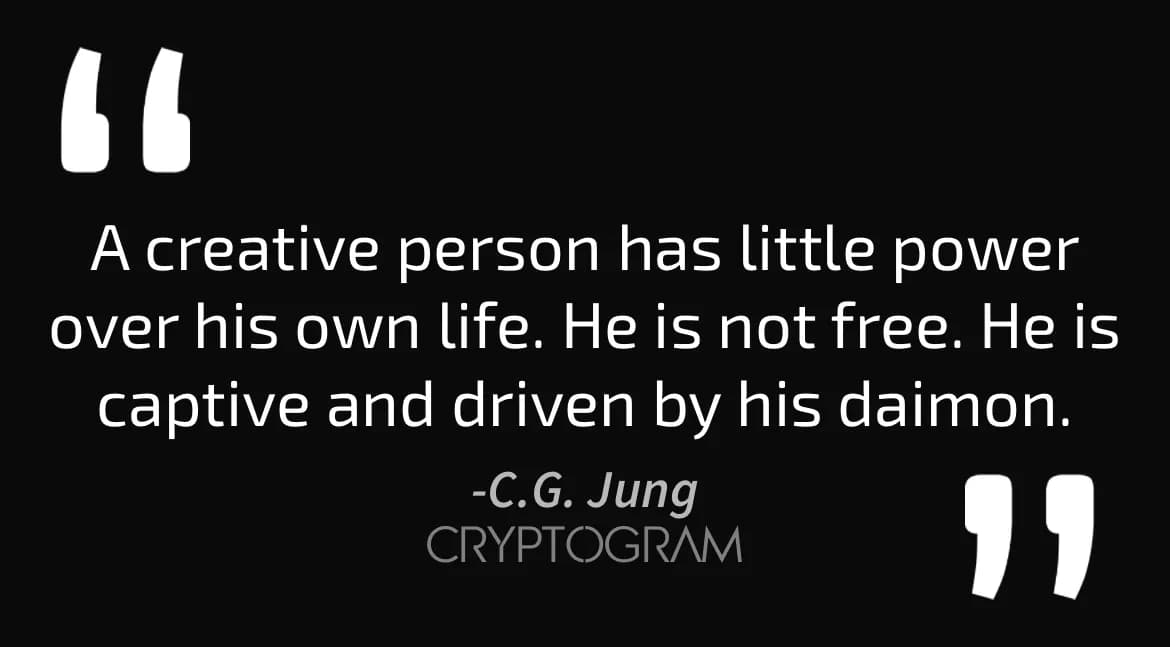
Carl Jung, the Swiss psychiatrist whose insights into the human psyche make my own inner monologue sound like a toddler’s babbling, had a lot to say about this internal chatterbox. While most of us use our inner voice to convince ourselves of the merits of a fifth slice of pizza, Jung saw it as something far more profound. He believed it was a crucial component of what he called the “Divine Self”, and maybe the constant nagging could very well get us there.
In Jung’s view, this inner voice is like a GPS for the soul, guiding us towards what he termed “individuation” - the process of becoming our true, authentic selves. It’s as if we’re all walking around with a tiny Jung in our heads, urging us to “be yourself” long before it became an Instagram caption.
But here’s where it gets interesting: this voice isn’t always your BFF. Sometimes, it’s the voice of your inner critic, the one that tells you your new haircut makes you look like a sentient mop. Other times, it’s the voice of your unconscious, bubbling up like a geyser of repressed thoughts and desires.
In Guillermo del Toro’s “Pinocchio” (2022), we see this concept spring to wooden life. The cricket isn’t just an external adviser, but a manifestation of Pinocchio’s growing consciousness, guiding him through the tangled forest of morality and mortality. With every choice, every mistake, and every triumph, Pinocchio’s inner voice grows stronger, more complex, more… human. As he grapples with his wooden inclinations versus his desire to be “real,” we see a poignant representation of Jung’s individuation process in action.
The Alchemist’s Crucible: Transforming the Lead of Trauma into the Gold of Growth
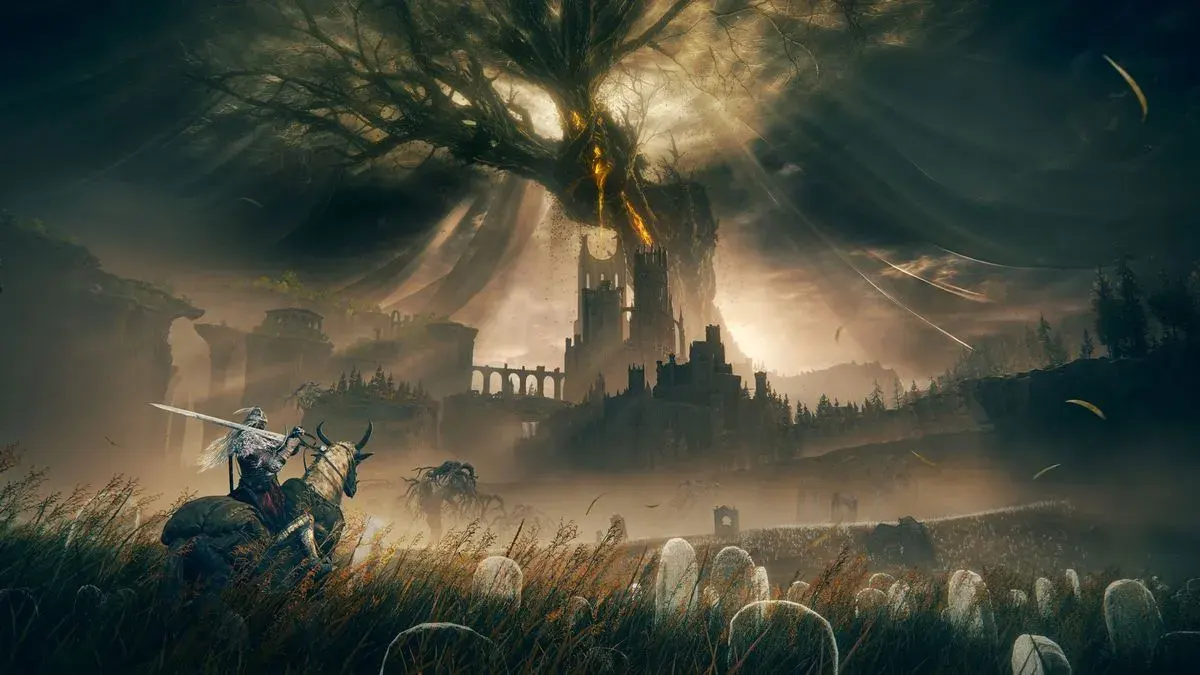
Now, let’s plunge deeper into the dark recesses of the psyche, where Jung’s theories cozy up to the ancient, mystical art of alchemy. No, we’re not talking about turning lead into gold (although, seriously, if you crack that one, call me). We’re talking about the alchemy of the soul—Jung’s favorite metaphor for psychological transformation.
Jung saw a fascinating parallel between the alchemical process and the way we grow through the pain of inner conflict. Just as alchemists sought to purify base metals, Jung believed we can transform our psyche by integrating opposing forces within us. He called this the coniunctio, the “marriage of opposites.” It sounds like the title of a quirky indie rom-com, but it’s really the heart of personal transformation.
This concept of duality is perfectly encapsulated in Elden Ring, where the shattered world of the Lands Between mirrors the fragmented psyche Jung loved to talk about. Take Radagon and Marika, two halves of the same divine being, representing both the masculine and feminine energies in constant conflict and eventual union. Their struggle isn’t just lore—it’s a symbol of our inner war between opposing instincts, the battle between light and dark, creation and destruction, and even sanity and madness. Your character, a lowly Tarnished, must confront these fractured pieces of divinity and attempt to mend the Elden Ring. It’s no accident that this mirrors Jung’s idea of individuation: the process of confronting and integrating the disparate, often wounded, parts of ourselves into a cohesive whole.
And if you think this process is all smooth sailing, guess again. Much like the Tarnished fighting through hordes of grotesque enemies and nightmarish bosses, Jung understood that growth comes through grappling with our deepest wounds. Think of Blaidd the Half-Wolf, whose loyalty to Ranni and her dark path causes him to descend into madness, illustrating Jung’s warning: “There is no coming to consciousness without pain”. And so much more lore yet remains to be uprooted in the Shadow of the Erdtree DLC that will make even the most silver-blooded Tarnished question everything they thought they knew about the Marika and The Lands Between.
The Paths of Destiny: Attack on Titan and the Collective Unconscious
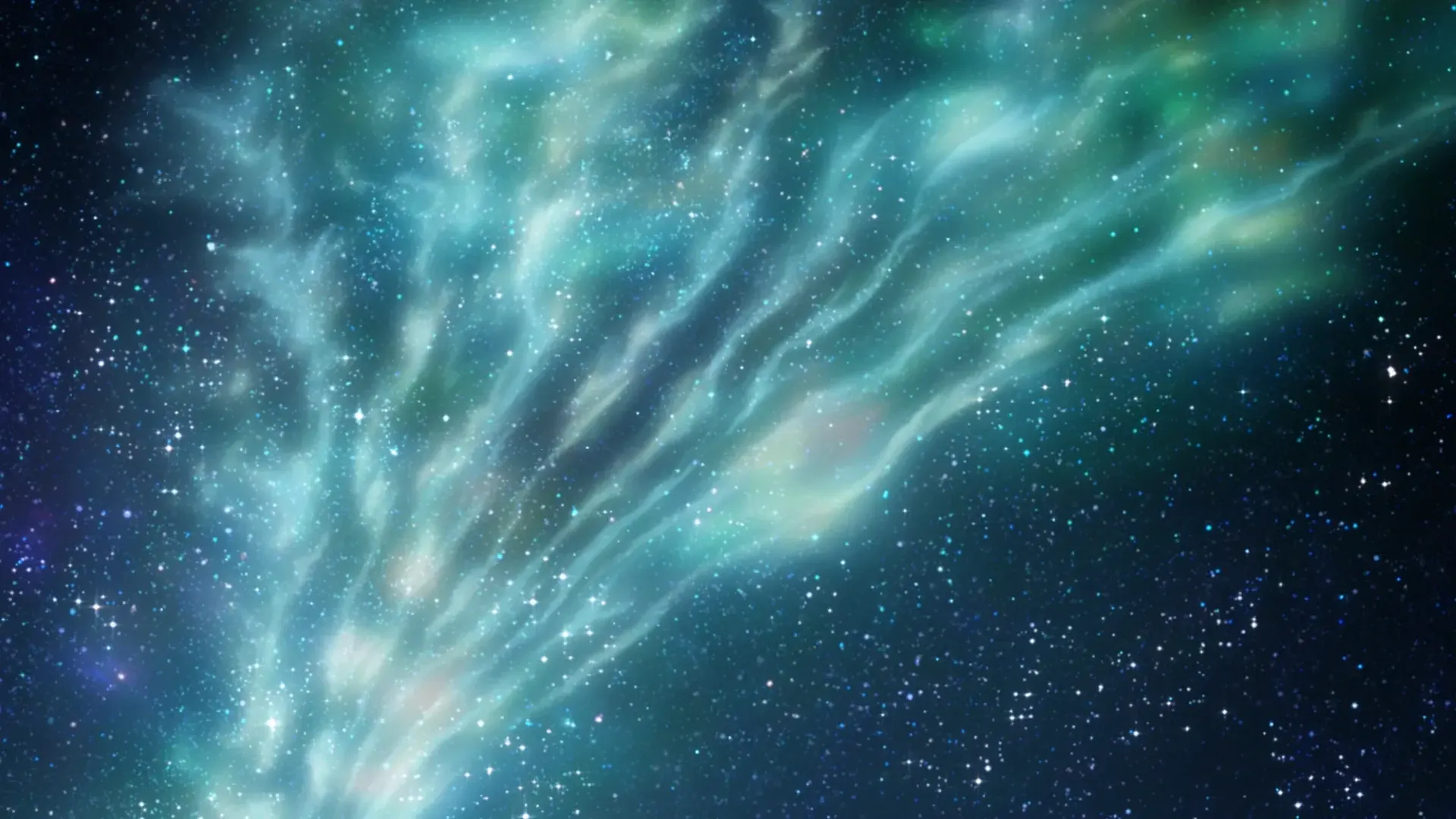
Speaking of pain—Attack on Titan. Here, trauma is baked into the DNA of the world, quite literally. The series introduces us to “the paths,” a metaphysical network linking all Titans (Subjects of Ymir), a chilling representation of Jung’s concept of the collective unconscious. While Jung described this unconscious as a shared well of human experience, Attack on Titan takes it a step further: these paths connect memories, identities, and even physical bodies across time and space.
Remember Eren Yeager’s journey? His eventual access to the Founding Titan gives him not only the power to alter reality but also the burden of seeing how tightly his fate is entwined with the lives and destinies of those who came before him. Eren’s manipulation of the past to ensure his future echoes Jung’s idea that the unconscious mind doesn’t adhere to linear time. In both Jungian theory and Attack on Titan, the past, present, and future are interwoven, with the paths acting like a kind of psychic Wi-Fi signal that everyone’s connected to—whether they like it or not.
Characters like Zeke and Eren raise a thorny issue: do they have true free will, or are they just prisoners of a script etched into the paths long ago? Jung would probably tell you that while we may be shaped by unconscious forces, recognizing those forces gives us the chance to change our fate. It’s Eren’s ultimate realization—his tragic awareness of being bound by both history and his own choices—that leads to one of the most complex examinations of free will in modern media.
So, whether you’re dodging the moonlight greatsword in Elden Ring or grappling with the existential dread of the Coordinate in Attack on Titan, the question remains: Are we shaping our destiny, or merely following threads woven long before we were even aware of them?
Quantum Leaps and Free Will: The Physics of Consciousness
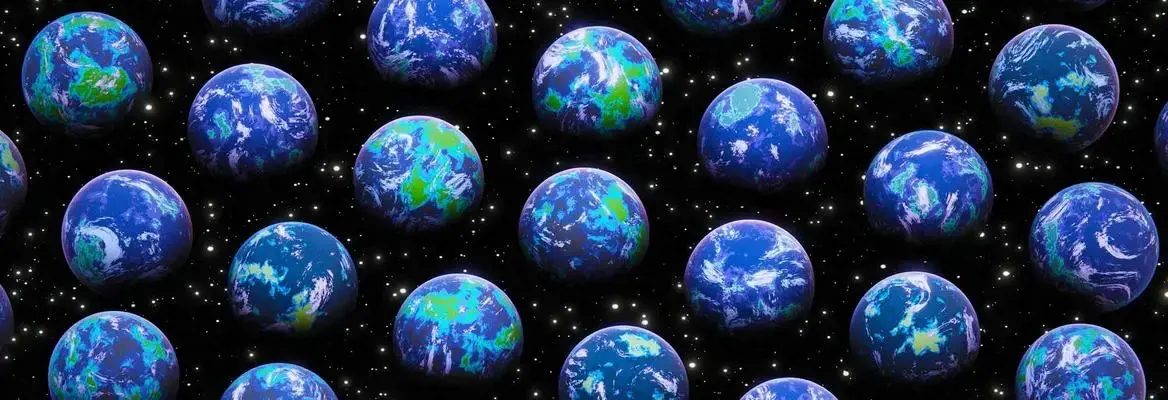
Enter quantum physics, stage left. In his book “Quantum Physics Made Me Do It,” physicist Jérémie Harris explores the mind-bending implications of quantum mechanics on our understanding of free will and consciousness.
Quantum physics introduces an element of fundamental unpredictability to the universe. At the quantum level, particles exist in a state of superposition, simultaneously occupying multiple states until observed. This quantum weirdness has led some thinkers to propose that consciousness itself might be a quantum phenomenon.
If our thoughts and decisions are influenced by quantum processes in our brains, does this restore our sense of free will, or does it simply replace determinism with randomness? It’s enough to make you want to take a quantum leap right out of this philosophical conundrum.
Arrival: The Linguistic Dance of Time and Consciousness
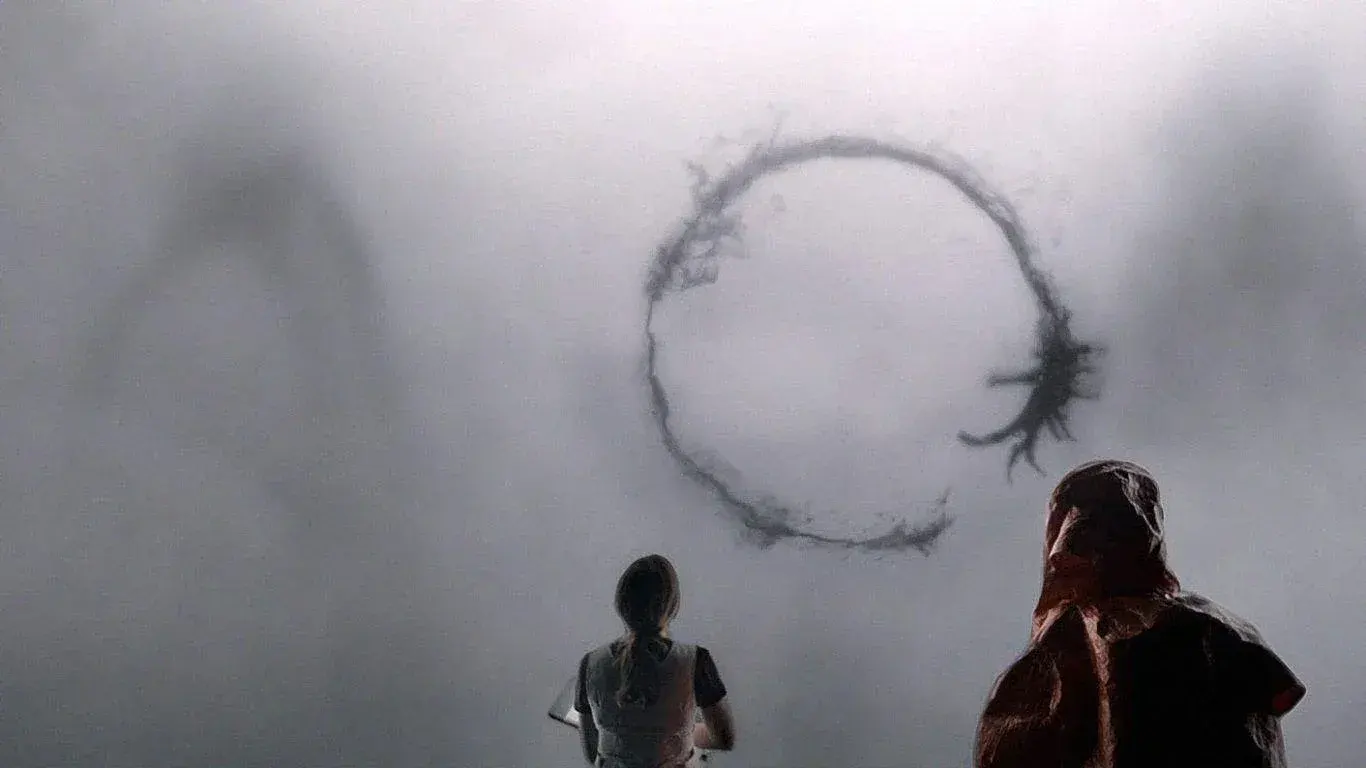
Let’s bring this cerebral journey into the realm of science fiction with a nod to the 2016 film “Arrival,” based on Ted Chiang’s novella “Story of Your Life.” The movie tells the story of a linguist who learns to communicate with alien visitors and, in doing so, gains the ability to perceive time non-linearly.
This film serves as a powerful metaphor for our exploration of consciousness. Like Dr. Louise Banks in the movie, we often perceive our lives in a linear fashion, unaware of the cyclical nature of our experiences and the interconnectedness of past, present, and future. But when we “arrive” at a new understanding - through learning a new language, embracing a different culture, or experiencing a paradigm-shifting event - we’re confronted with the possibility of perceiving reality in an entirely new way.
The film’s central concept, that language shapes our perception of reality, echoes the Sapir-Whorf hypothesis in linguistics. It suggests that the structure of our inner monologue and the words we use to describe our experiences might fundamentally alter how we perceive time, causality, and even our own consciousness. In essence, by changing our internal language, we might reshape our very experience of reality.
The Synthesis: Your Personal Pinocchio Journey
So, where does this leave us? We’ve traveled from the whispers of our inner voice to the quantum dance of particles, from the alchemical transformation of the soul to the shared paths of human consciousness. What’s the takeaway from this whirlwind tour of the psyche?
Perhaps it’s this: Like Pinocchio, we’re all on a journey to become “real.” This doesn’t mean transforming from wood to flesh, but rather integrating all aspects of ourselves - the light and the dark, the conscious and the unconscious, the inner child and the mature adult.
This journey isn’t easy. It requires us to confront our traumas, wrestle with our inner critic, and navigate the labyrinth of our unconscious. But as Jung reminded us, “The privilege of a lifetime is to become who you truly are.”
So the next time you hear that little voice in your head, remember: it might just be the key to unlocking your Divine Self. Or it could be telling you to check if you left the stove on. Either way, it’s worth listening to.
In the end, whether our actions are guided by quantum physics, collective unconscious paths, or just really good therapy, the journey of self-discovery is uniquely ours. So grab your metaphorical cricket, embrace your inner wooden boy, and step into the alchemy of your own transformation. After all, in the grand puppet show of life, you’re both the marionette and the puppeteer.
References
- C.G. Jung, Collected Works. Princeton University Press, 1953-1979.
- G. del Toro, Director, Pinocchio. [Film]. Netflix, 2022.
- FromSoftware, Elden Ring. [Video game]. Bandai Namco Entertainment, 2022.
- H. Isayama, Attack on Titan. [Manga series]. Kodansha, 2009-2021.
- J. Harris, Quantum Physics Made Me Do It. [Book] Viking , 2023.
- D. Villeneuve, Arrival. [Film]. Paramount Pictures, 2016.